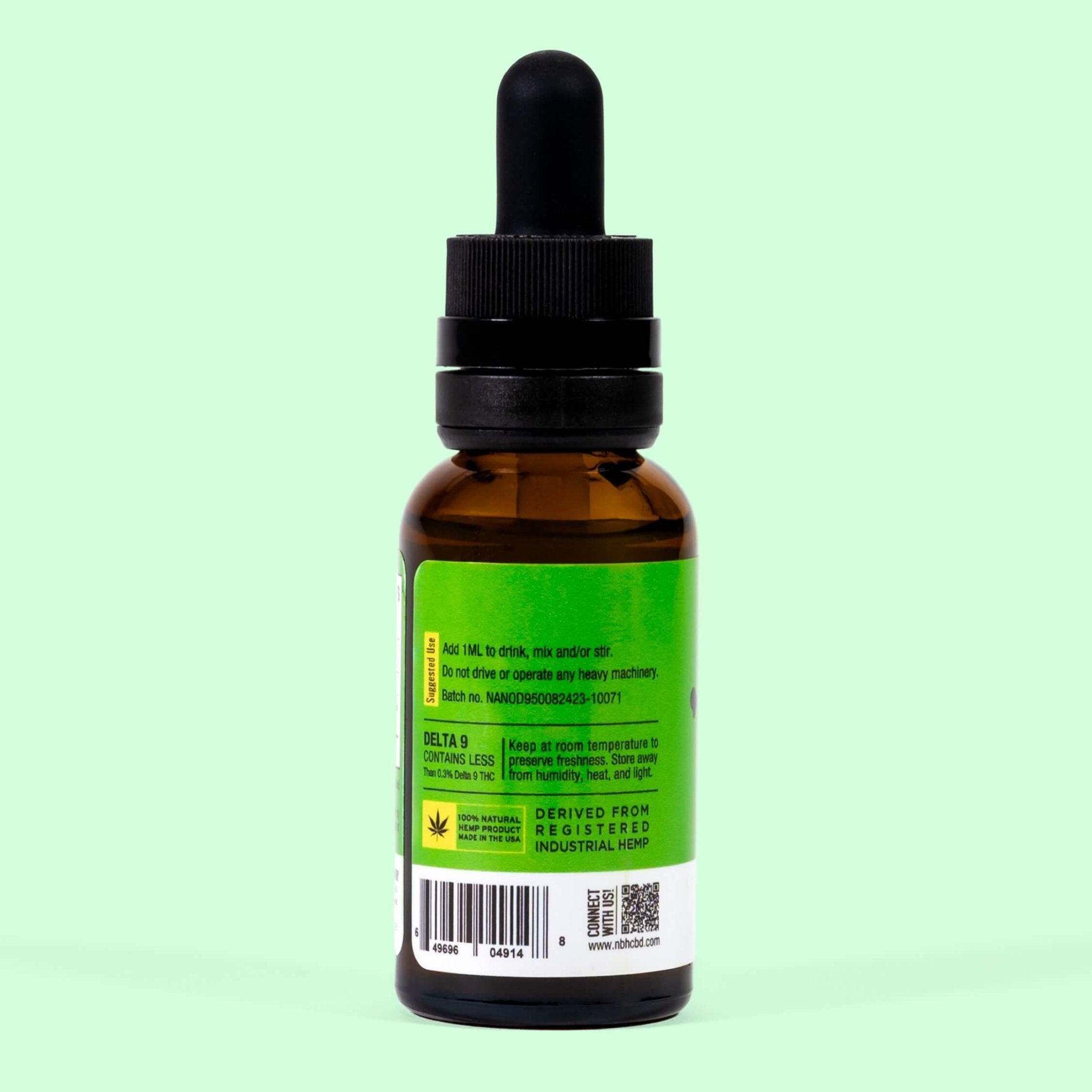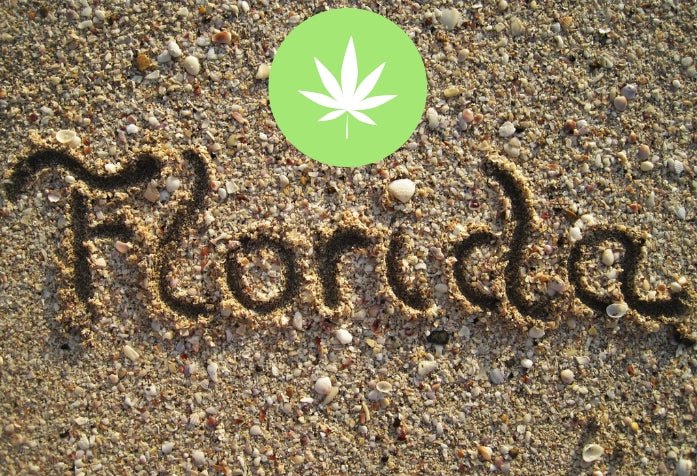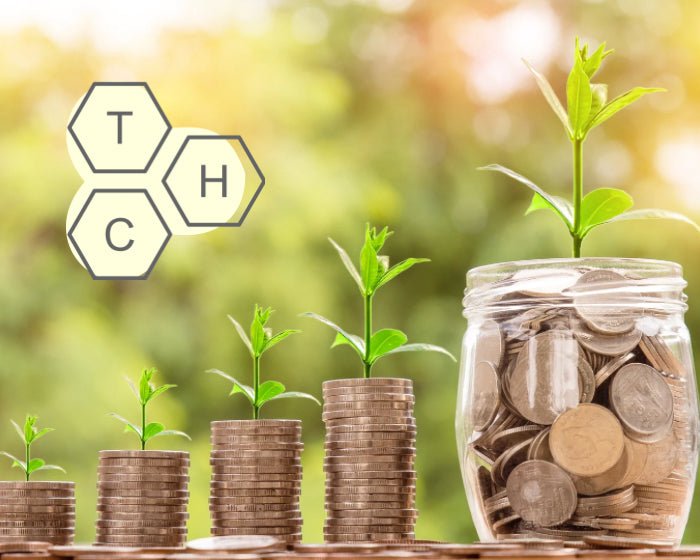Arkansas lawmakers passed a measure prohibiting the sale of products containing synthetic forms of THC, including delta-8.

This week the number of states joining the list to ban the controversial delta-8 THC isomer grew larger. As first reported by Norfolk's 13Newsnow.com, the Virginia legislature approved Governor Glenn Youngkin's amendments to a measure designed to outlaw the sale of products containing all forms of synthetic THC variants, most notably delta-8 THC.
In addition to the actions taken in Virginia, the Arkansas state legislature has also approved a bill to outlaw the production and sale of all hemp-derived intoxicating substances, including delta-8. According to numerous media outlets, the Senate passed the measure with a resounding 30-1 vote after incorporating two amendments added in the House.
The measure's author, Sen. Tyler Dees (R), said the purpose of the ban on all items containing synthetic forms of THC is to protect the children of Arkansas, who he claims are frequently the marketing targets for these products.
Under the proposed legislation, which still must be signed by Gov. Sarah Huckabee (R) before it can become law, hemp-derived delta-8, delta-9, and delta-10 THC variants would be classified as Schedule VI controlled substances, which is the same classification as recreational cannabis.
If Gov. Sanders does sign off on the legislation, which seems likely, a ban on all products containing delta-8 THC would become effective immediately for individuals under age 21. The ban would then be extended to those over 21 starting Aug. 1, 2023
One key win for hemp industry advocates in the state centers on industrial hemp, which will remain legal and protected under the "Arkansas Industrial Hemp Protection Act."
In Virginia, following a lengthy debate in both chambers, lawmakers in the House and Senate approved the revised bill containing Gov. Youngkin's edits. The new law establishes more restrictive THC limits for hemp-derived products and creates stricter regulations for the retailers selling them.
The hotly contested legislation aims to address the problem of synthetically-derived delta-8 THC, which has become a rallying cry for opponents of hemp-based products containing the controversial cousin to the more widely known delta-9 THC.
Following the passage of the Farm Bill in 2018, hemp was removed from the Controlled Substances List. With that new designation, farmers could once again cultivate hemp as a legal agricultural product, and manufacturers could begin to create and sell products containing hemp-derived THC, including delta-8.
Delta-8 occurs naturally in minimal amounts in hemp and has much milder intoxicating effects than delta-9, which most people associate with the "high" of smoking or ingesting cannabis products. However, a synthetic process involving hemp-derived CBD can create a much more potent and potentially dangerous form of delta-8.
Because the chemically manufactured delta-8 technically derives from the hemp plant, multiple courts have ruled that it is still legal to manufacture and sell under the provisions outlined in the Farm Bill. As a result, several enterprising hemp industry entrepreneurs began manufacturing and selling products containing the more potent form of the isomer.
Following those decisions, mostly unregulated items with hemp-based delta-8 began appearing in convenience stores and gas stations nationwide. Tragically, at least one of those products has been linked to the death of a toddler in Virginia last year. In addition, there have been multiple cases of individuals, including teenagers, falling ill after ingesting items containing delta-8.
In response to the proliferation of synthetically manufactured THC products, several states began to pass legislation severely restricting and, in many cases banning the politically toxic THC variant. Virginia and Arkansas are just the latest to join the growing roll call of states seeking to outlaw delta-8 and all synthetic forms of THC.
The problem with much of the legislation is that it fails to understand how economically vital hemp has become to many small to medium-sized businesses throughout the country. Likewise, many of the products derived safely and legally from hemp have become extremely important to individuals suffering from a myriad of health issues, including epilepsy, chronic pain and many others.
Jason Amatucci, president of the Virginia Hemp Coalition, explains, "The Virginia hemp industry will lose jobs, innovation and business development because of this bill. Hemp consumers that rely on hemp products will have greatly reduced choices due to this bill." Because of the new law's potentially devastating financial and healthcare effects, Amatucci fully expects it to receive a challenge in the courts.
"The Virginia hemp industry will lose jobs, innovation and business development because of this bill. Hemp consumers that rely on hemp products will have greatly reduced choices due to this bill."
Jason Amatucci, President, Virginia Hemp Coalition
There are no clear-cut answers or solutions for the delta-8 question. As a result, many industry advocates and stakeholders are looking to Congress to fix the mess critics accuse them of creating by delisting hemp in the 2018 Farm Bill and then providing very little guidance and regulation for this new and burgeoning market.
The Farm Bill comes up for renewal later this year. The bellwether $480 billion-plus legislation behemoth could provide the calm and steady hand the hemp industry and its supporters badly want. Hopefully, lawmakers will take this second chance to correct problematic issues like delta-8 and help provide stability and safety for an industry with so much promise and so many problems.








































